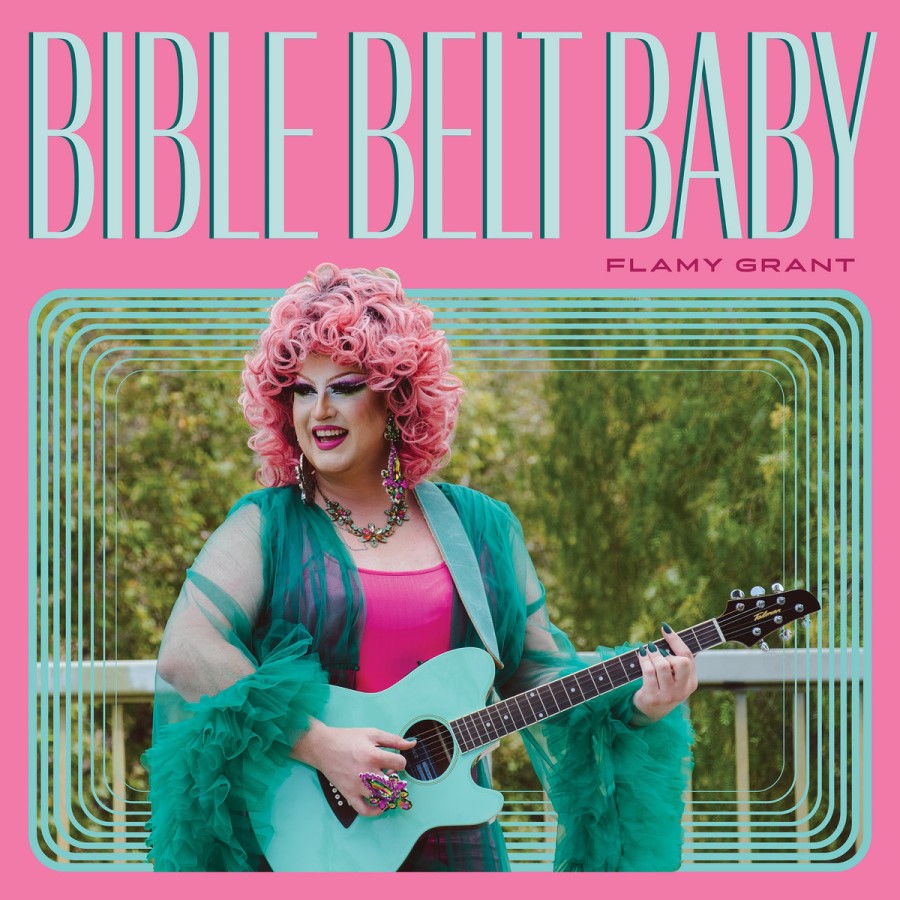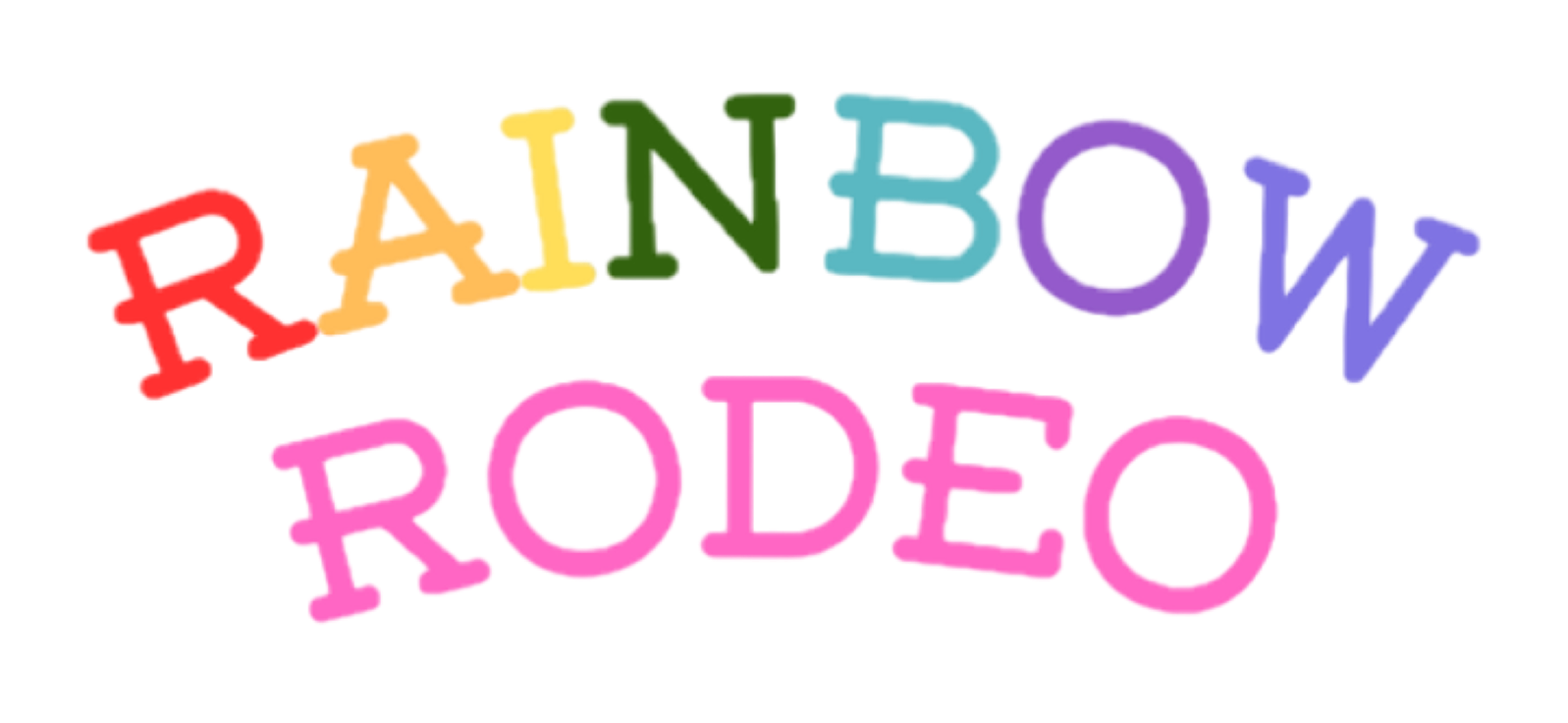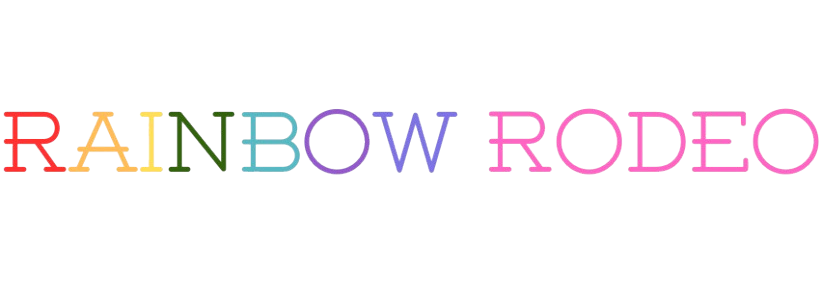Flamy Grant -- Bible Belt Baby

It’s really criminal of me to have taken so long to write Flamy Grant’s Bible Belt Baby up. It came out almost a year ago, and every time I sat down to write about it, I drew a blank. This is a Christian roots rock album by a drag queen, so I guess you could say I was waiting for divine inspiration.
Leave it to Christo-fascists to provide it.

I am blissfully unaware of the inner workings of the Christian right, but I did see that Sean Feuchts of Turning Point USA took a jab at Flamy Grant and renowned Christian pop singer Derek Webb. A TikTok video and 24 hours later, the pair’s song “Good Day” not only charted on Apple’s CCM chart, but Bible Belt Baby was the number one album. (You can read more about Flamy, Derek, and the state of Contemporary Christian Music (CCM) on Rolling Stone.) Semler, whom we interviewed in issue 2 of Rainbow Rodeo, had a similar experience. (You can read an excerpt here.)
There’s no hiding Flamy’s church training on this album. Whether she’s getting saucy on the gospel funk number “What Did You Drag Me Into?” or the raw soulfulness (no pun intended) of “Holy Ground,” Grant’s voice rings true and clear. There’s no ambiguity to her lyrics, either: like the best of ‘em, Grant transmutes emotional complexity into three choruses, a bridge, and chords to match. Her voice reaches angelic highs and throaty lows, exploring the effervescence of drag performance and its radical potential to upend toxic notions of gender roles.
For country fans, there’s lots to dig into here: “Esther, Ruth, and Rahab” (which features an explosive appearance by Adeem the Artist) is the standout of the album, wedding Grant’s themes of sincere religious devotion to a desire to find a place in a segment of faith that has no room for her. The album’s opening numbers “What Did You Drag Me Into?” and “I’m Not Ashamed” explore Grant’s experiences with drag and her off-stage gender explorations, and how they connect to her religious upbringing. Semler jumps in on “Takes a Little Time,” a driving groove that was born for ‘90s country radio. Like the best CCM, the song works just as well with a secular interpretation – as a Jew, I know of what I speak.
The album’s latter half hints at where Grant might go next, dipping her toe into electronic music and more experimental forms. “Ones Like Us” overlays Grant’s vocalizations over a sultry drum and sax track as @DonnellWrites delivers a spoken word piece wishing serenity to those who have not yet followed the trail Flamy, Donnell, and others have blazed: believing in one’s essential goodness in the face of an all-encompassing institution that would have you think otherwise.
Flamy Grant — Official, Facebook, Instagram, Twitter, TikTok



